Turns Out, My Cleanser Was Worsening My Dry, Chapped Skin—These Derm Recs Saved Me
Approved by derms and aestheticians.

Kelsey Clark
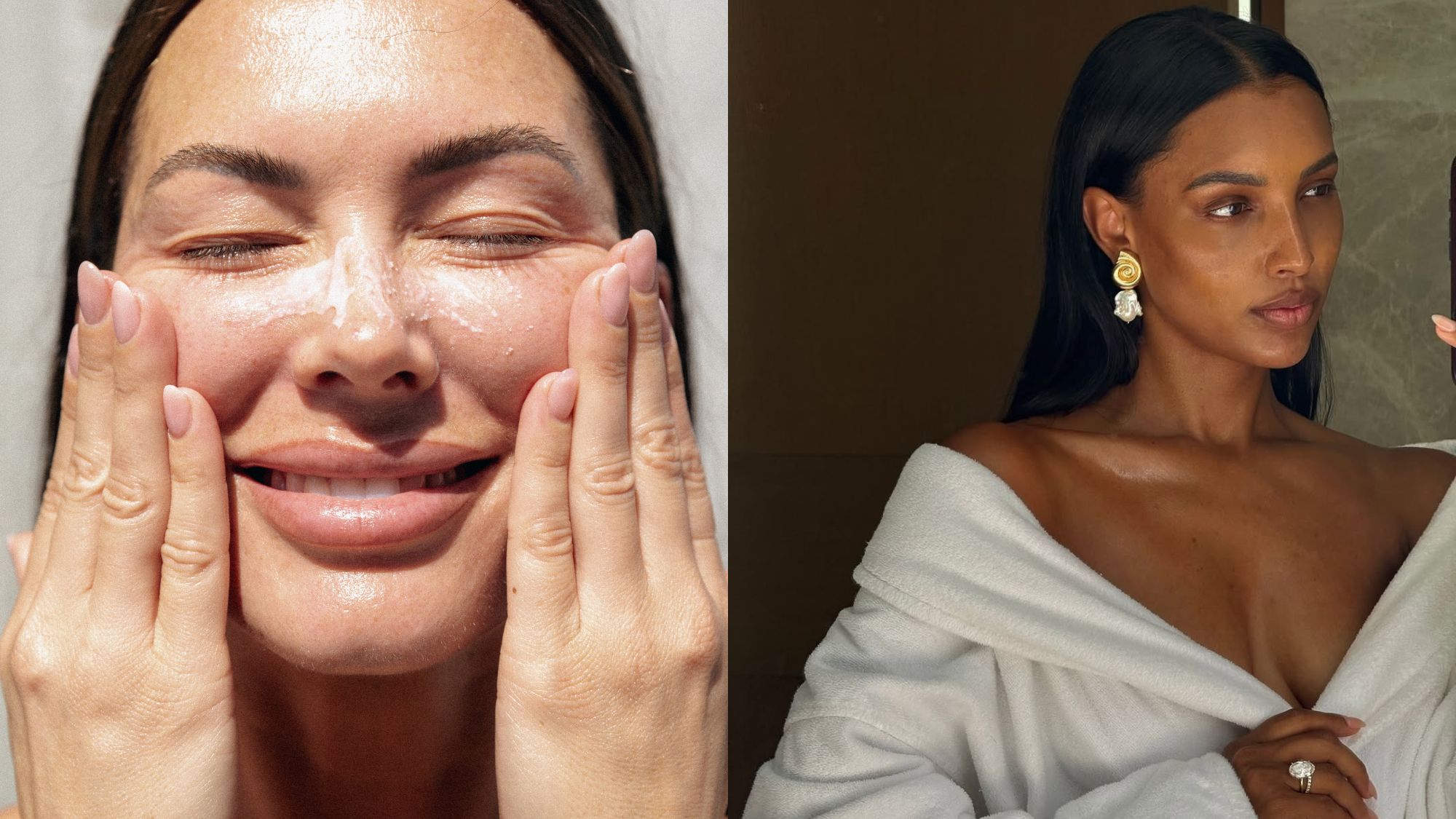
Cleansing your face twice a day is the foundation of any good skincare routine. But your efforts may be in vain if your face wash isn't formulated with the right ingredients. In fact, your go-to formula may even be drying out your skin instead of nourishing it—I learned this the hard way.
As the Environmental Working Group reports, this probability is high. Cosmetic and personal-care companies are "allowed to use almost any ingredient they wish" when formulating products, and "the U.S. government doesn't review the safety of products before they're sold," writes the EWG. This problem is amplified by a lack of education on the consumer end. In 2017, CeraVe's Skincare Survey revealed that a staggering 65% of surveyed American adults have "no idea what ingredients to look for when purchasing a facial cleanser.” The survey goes on to show that 63% don't understand why those ingredients are in there at all.
There is a serious disconnect between skincare literacy and good-for-you results, which led to years of dry skin and irritation—no matter how many moisturizers I tried—because I was using the wrong face wash on my sensitive, rosacea-prone skin. I tapped a handful of board-certified dermatologists to give me the low-down on which cleansers are the best for people with dry skin, and their recommendations did not disappoint.
Keep scrolling to find the nine face washes dermatologists approve for people with dry skin.
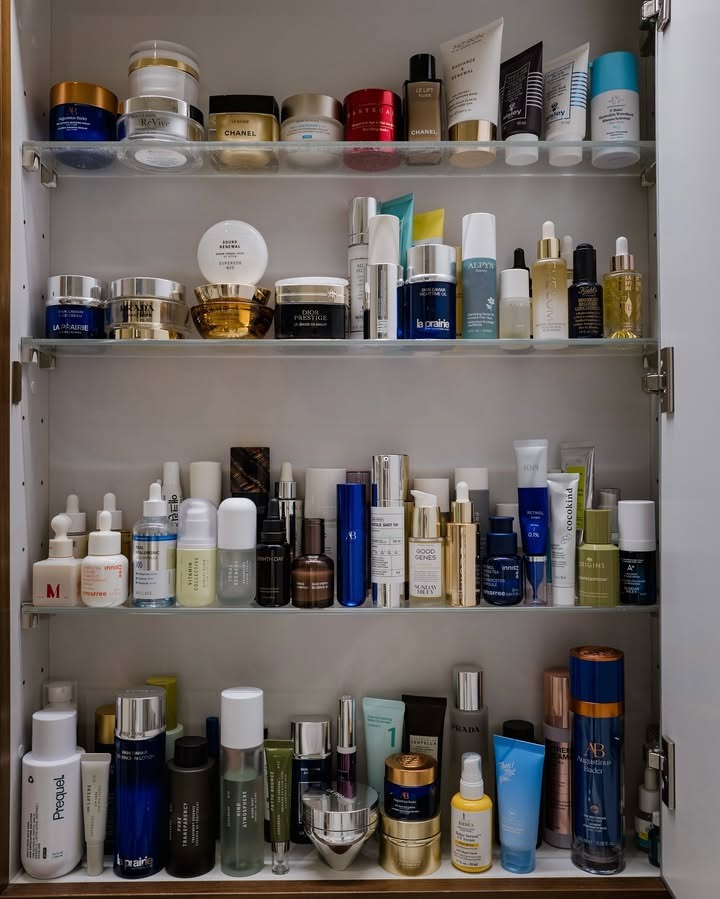
The Best Face Washes for Dry Skin, at a Glance
- Best Overall: La Roche-Posay Toleriane Hydrating Gentle Cleanser
- Best Drugstore: Cetaphil Gentle Skin Cleanser
- Best for Sensitive Skin: SkinCeuticals Gentle Cleanser
- Best Gentle: Holifrog Tashmoo Water Lilly Milky Wash
- Best for Redness: Paula’s Choice Ultra-Gentle Cleanser
TL;DR
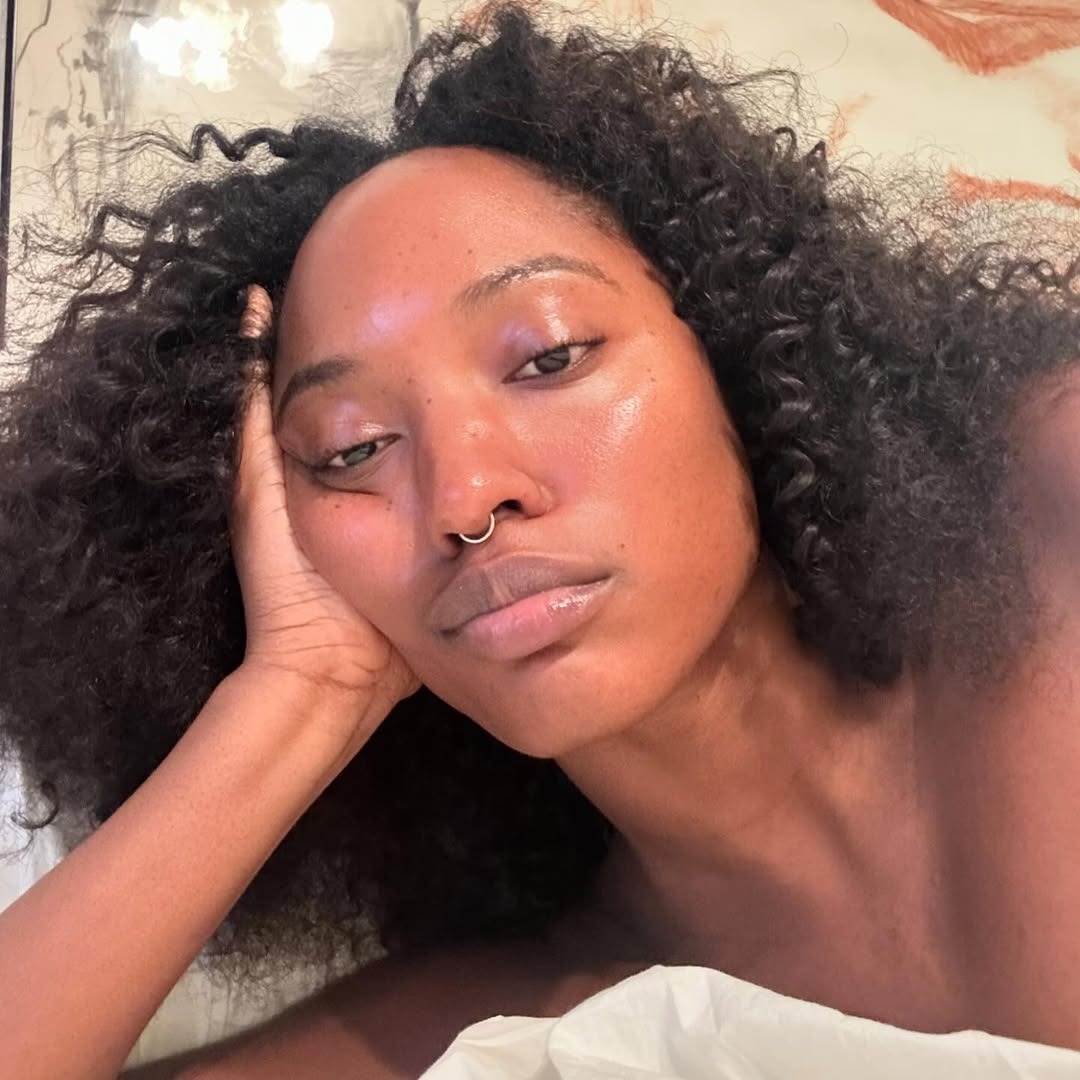
“When you have dry skin, the goal of a cleanser is not just to remove impurities but to protect the moisture barrier while doing it,” says board-certified dermatologist Nicole Ruth, DO, FAAD. “I always recommend gentle, non-foaming formulations because they rely on mild surfactants that cleanse without stripping the skin’s natural lipids. Look for ingredients like ceramides, glycerin, and hyaluronic acid, which help replenish the barrier and draw water into the skin.”
Best Overall: La Roche-Posay Toleriane Hydrating Gentle Cleanser
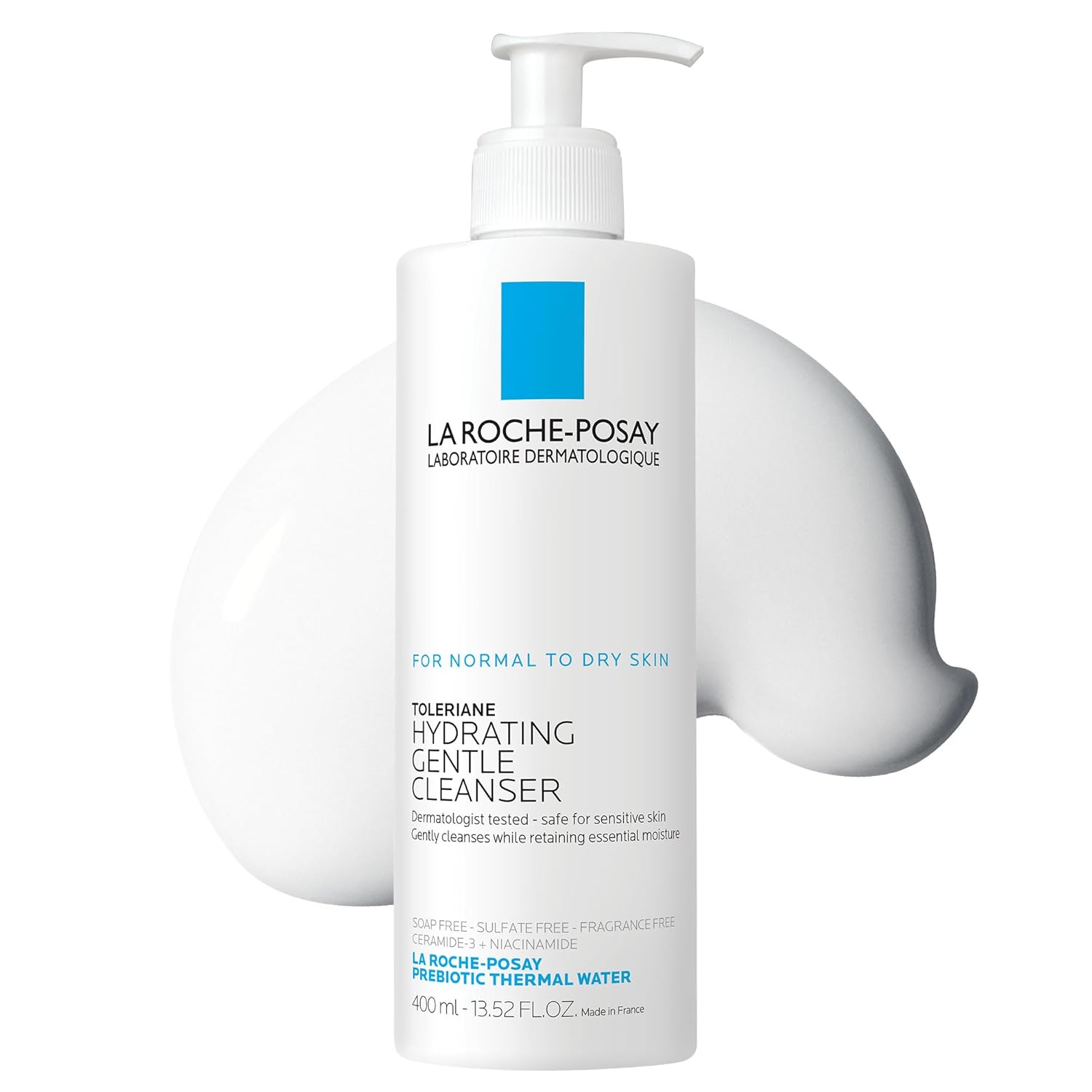
Pros: Gentle formula, hydrating ingredients, luxe without high-end price
Cons: None I can think of
Size: 13.52 oz. | Key ingredients: Prebiotic thermal water, ceramides, niacinamide | Skin type: Dry, normal, sensitive
When it comes to hydrating, soothing, and replenishing face washes (qualities everyone with dry skin needs), this cleanser from La Roche-Posay is the undefeated winner. My beauty editor friends were quick to recommend this one before I ever asked a dermatologist, but their approvals came soon after. Ruth calls this face wash an “excellent choice” for those with dry skin because of its gentle, yet effective cleansing abilities and high-performance ingredients.
“It's formulated with niacinamide and glycerin and has a very mild surfactant system, making it ideal for dryness and sensitivity,” she explains. Board-certified dermatologist Y. Claire Chang, MD, would have to agree. “It combines barrier-supporting ceramides and glycerin with soothing niacinamide to clean the skin of impurities,” says Chang. Plus, it’s a great value at just $18 for a 13-ounce bottle.
Customer review: “I have very sensitive skin that reacts poorly to stress, allergies, fragrances, etc... However, this face wash has effectively helped repair my skin barrier while aiding the overall health, texture, tone, and cleanliness of my skin. It is highly moisturizing, and when paired with La Roche-Posay moisturizer, my skin is protected and healthier. This has helped me manage breakouts and eczema, reducing inflammation and allowing my skin to heal quickly. It is fragrance-free and soap-free, which helps keep the skin barrier happy and healthy. There are no complaints with this product, it is absolutely an essential for me.”
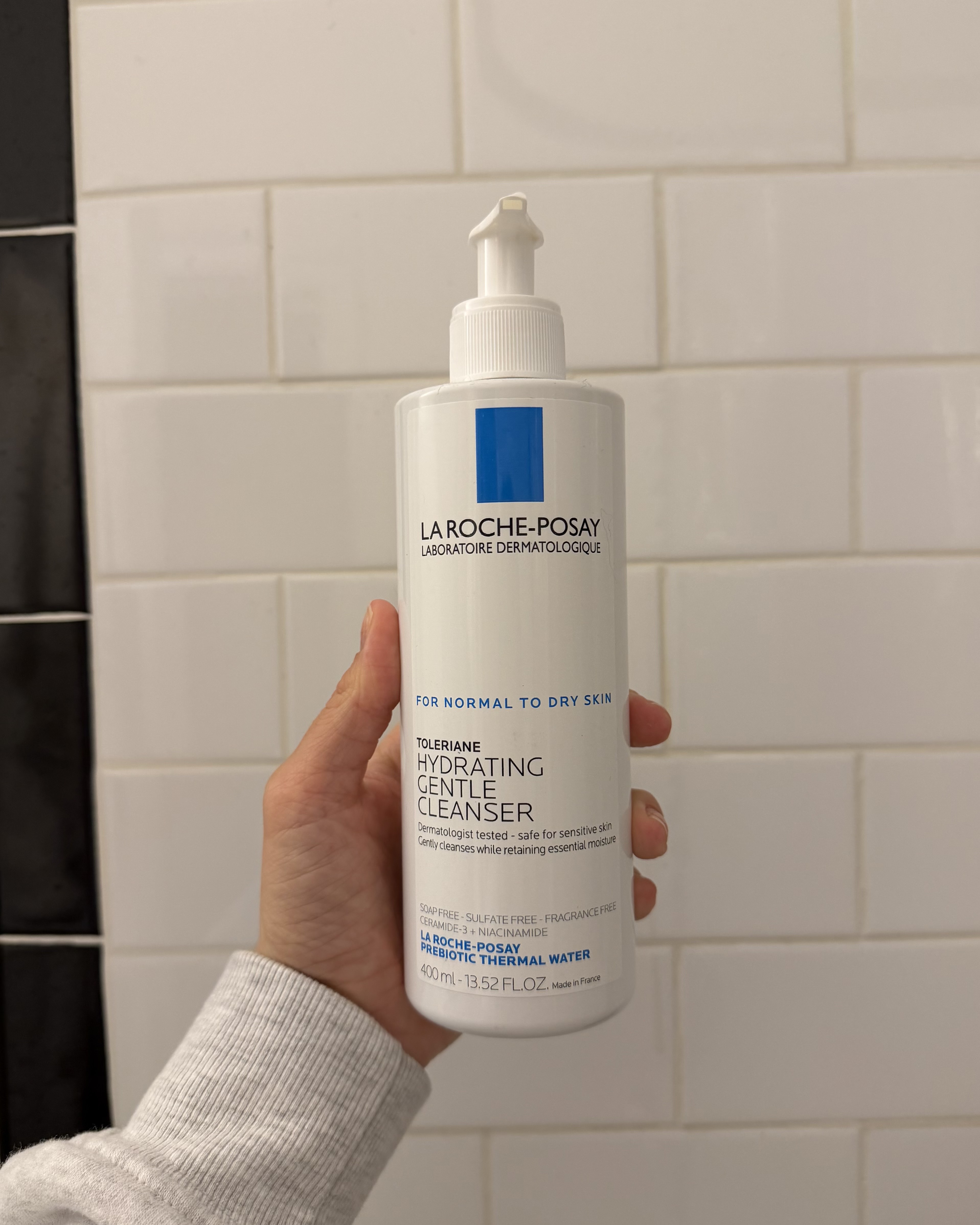
Best Drugstore: Cetaphil Gentle Skin Cleanser
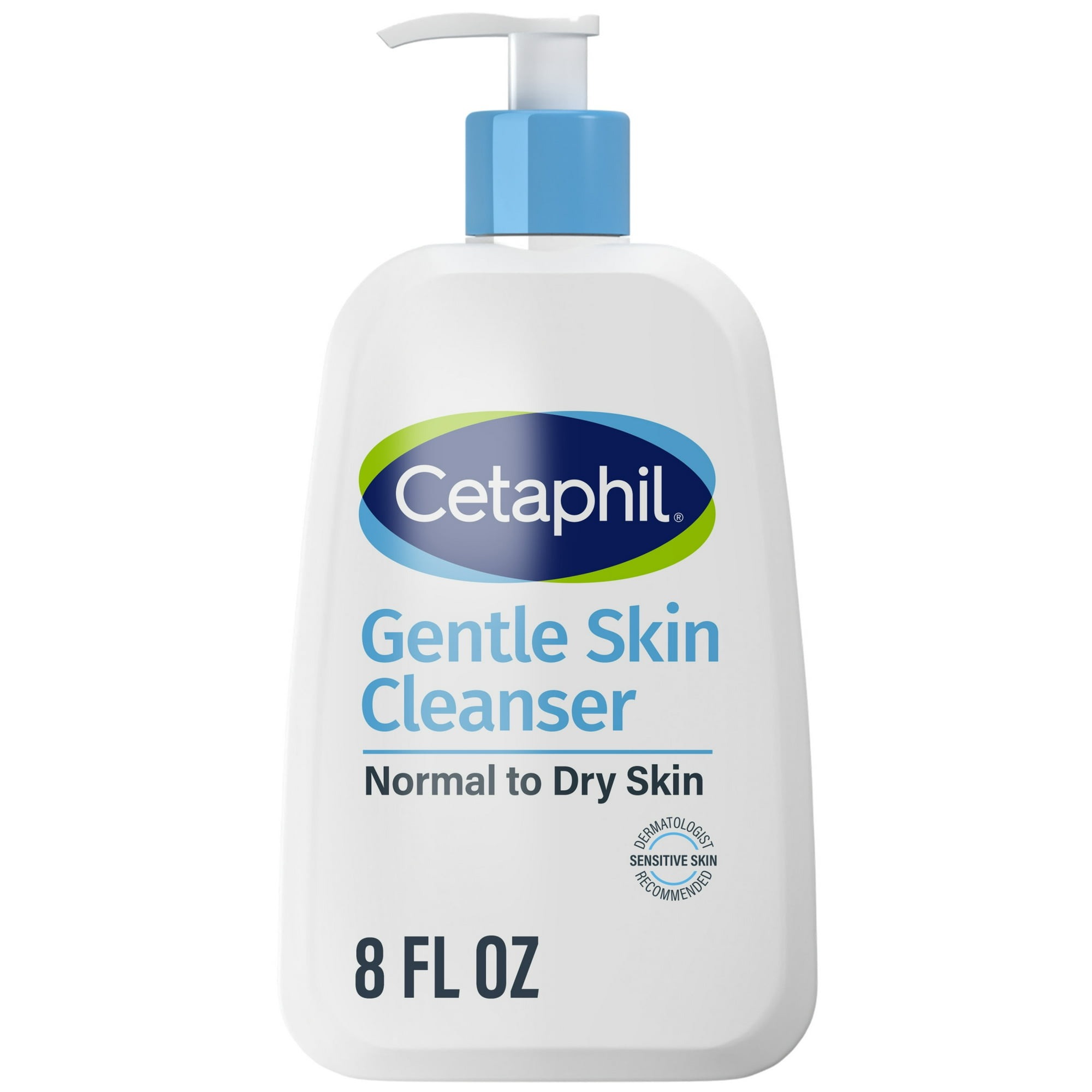
Pros: Low-priced, gentle formula, nourishing ingredients
Cons: Some shoppers debate its ability to remove makeup and sunscreen in one go
Size: 8 oz. | Key ingredients: Niacinamide, glycerin, panthenol Skin type: Dry, normal, sensitive
There’s no denying that Cetaphil’s face washes are plain good. “If someone prefers a drugstore classic, Cetaphil Gentle Skin Cleanser remains a dermatology-trusted option because of its minimal-irritant formula and milky, comforting texture,” says Ruth. It’s packed with good-for-you ingredients like niacinamide (softens skin), glycerin (hydrates), and panthenol (soothes), and is free from fragrances, parabens, and sulfates. Oh, and it’s only $9 a pop.
Customer review: “ I have been using the product for a little while now and I am very impressed. I understand there is a new formula, and I actually had used the prior formulation, which unfortunately broke me out despite the sensitive ingredients. Happy to report that I don't have the same issue with this product. It is moisturizing and gentle, [has] no fragrance, and a little goes a long way. I use this in my double cleansing routine as step 2, as it isn't oily enough to remove makeup, but it's super gentle on the skin.”
Best Hydrating: Vanicream Gentle Facial Cleanser
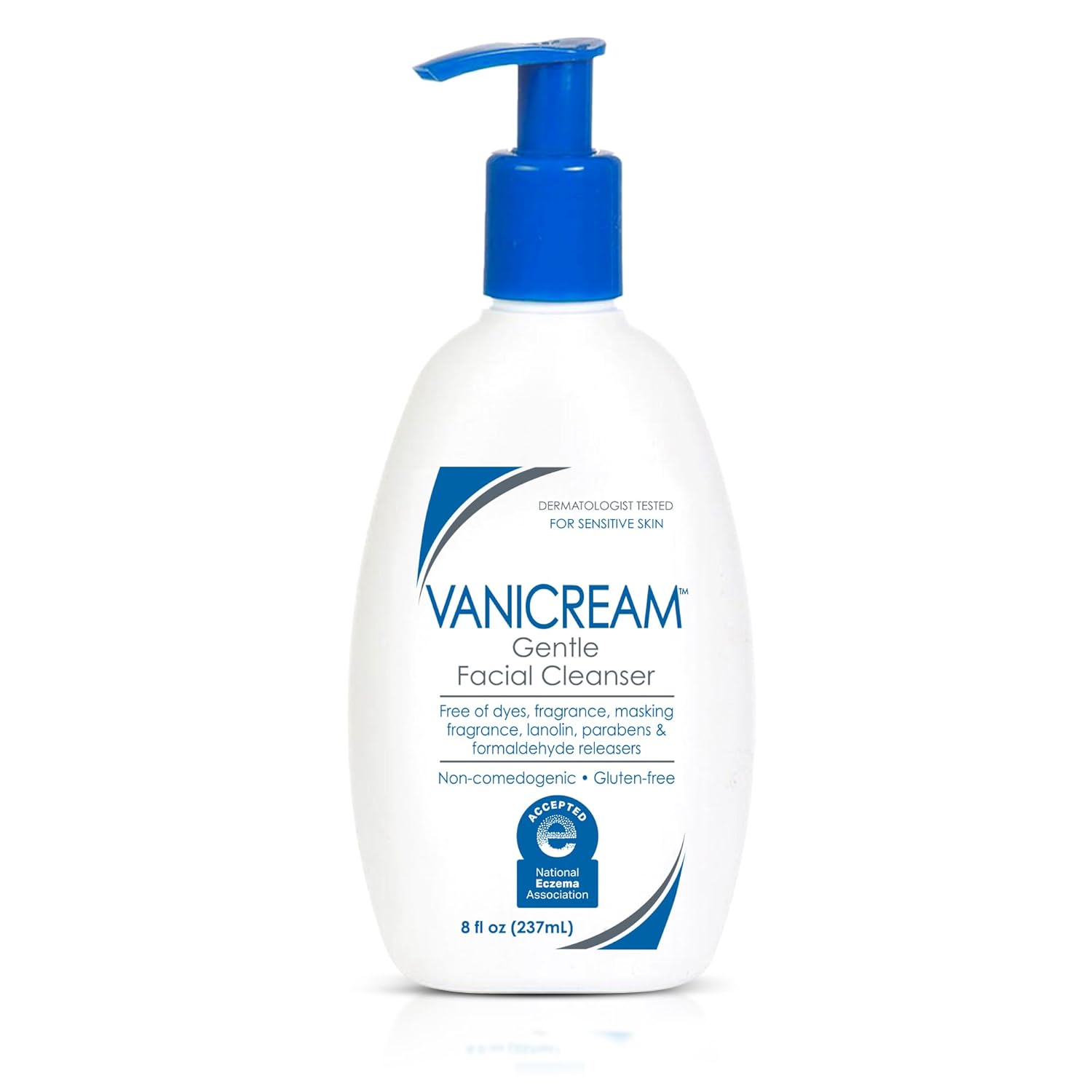
Pros: Nourishing formula, gentle enough for sensitive skin, budget-friendly
Cons: Honestly, none
Size: 8 oz. | Key ingredients: Purified Water, glycerin, coco-glucoside | Skin type: All
All of these picks are hydrating, but if our experts had to choose one that did the job effectively (and didn’t break the bank), this face wash from Vanicream would be their pick. This gentle cleanser is formulated without dyes, fragrance, parabens, sulfates, or formaldehyde, making it a great option for sensitive skin, and it’s effective enough to remove oil buildup and makeup after a day of wear.
Customer review: “The best face wash in the world. There is no other. Not stripping. Not irritating. Very simple and gentle. I could never use the equivalent Cetaphil because it's almost too gentle and didn't actually cleanse my skin. I can't use CeraVe because my skin hates it. Vanicream is my answer, and it is far superior to all of them!”
Best Foaming: Aestura AtoBarrier365 Foaming Cleanser
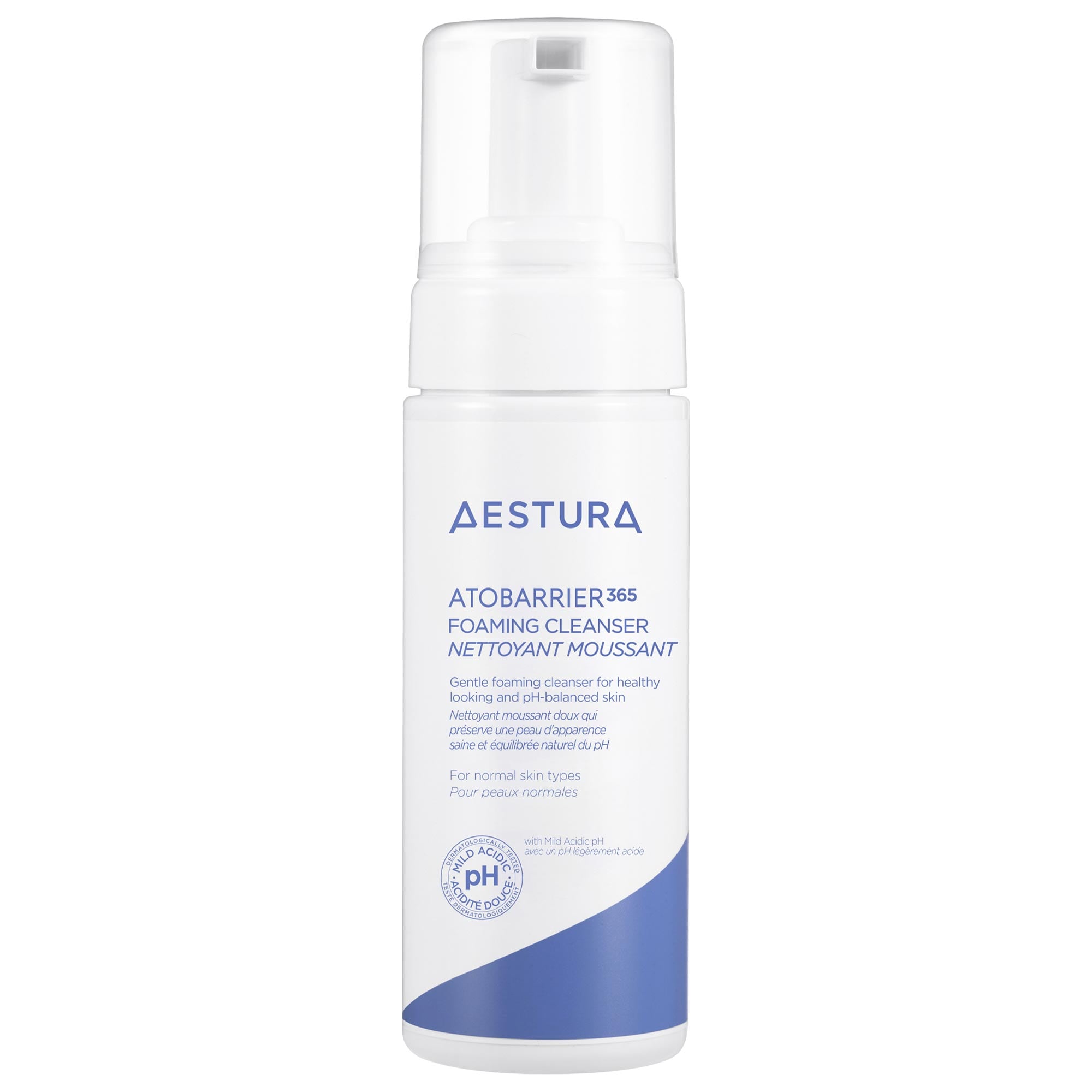
Pros: Non-stripping formula, lathers nicely, effectively hydrating
Cons: Some shoppers complain that the foam is too light
Size: 5.07 oz. | Key ingredients: Glycerin, green tea extract, triple lipid complex | Skin type: Normal, dry, combo
Maybe it’s a texture thing, but sometimes the only quality of a face wash that makes you feel “clean” is a good lather. Foaming cleansers tend to get a bad rap for having drying ingredients, thus making dry skin feel tighter (and worse), but this formula from Aestura is a bona fide exception. “Aestura’s AtoBarrier365 Foaming Cleanser is well-formulated to support the skin barrier for those with dry skin,” says Chang. “It contains glycerin (a humectant that attracts moisture to the skin) and has a mild pH-balancing formula to nourish the skin barrier.”
Customer review: “I may never buy another cleanser? I did get it on sale, so let’s see if I end up feeling it’s worth the full price… The foamy consistency of this is perfect and sometimes I apply that directly onto my skin dry, and then add water as I’m rinsing it off. Some foamy ones leave a residue, but this one doesn’t for me. As a person with ADHD who has never established a solid routine, it’s exciting to me that the texture of this actually makes me want to use it every night.”
Best Gentle: Holifrog Tashmoo Water Lilly Milky Wash
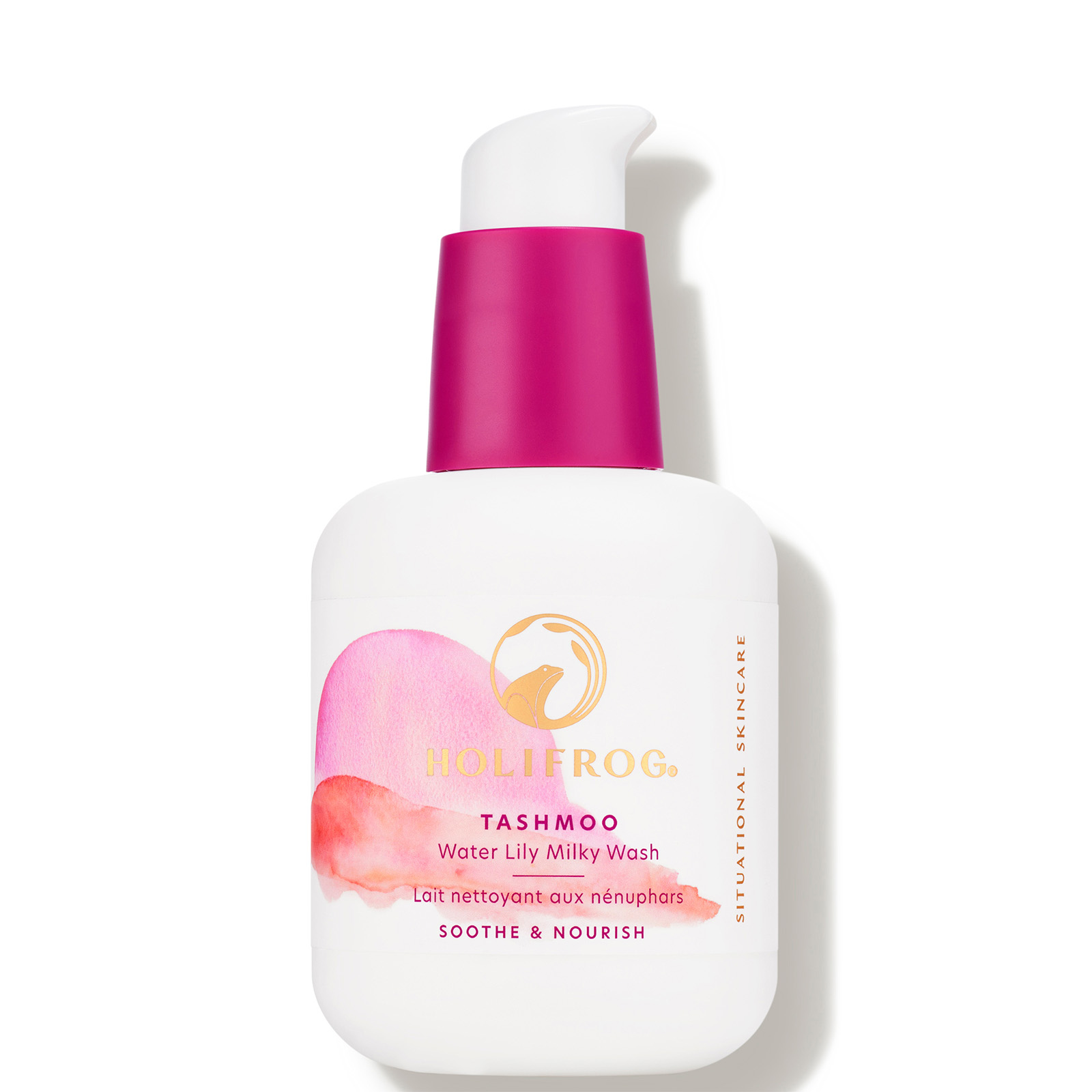
Pros: Gentle enough for very sensitive skin, milky texture, deeply hydrating
Cons: On the expensive side
Size: 5 oz. | Key ingredients: Water lily root, lotus flower extract, vitamin B5 | Skin type: All, especially sensitive
Ruth calls this calming cream cleanser one of her favorites for sensitive, dry skin. “Their Tashmoo Water Lilly Milky Wash has a uniquely cushiony, milky feel that melts onto the skin rather than stripping it, making it ideal for anyone with dryness or a compromised barrier,” she explains. “The formulas rely on gentle surfactants, amino acids, and nourishing botanical extracts, leaving the skin clean, soft, and hydrated instead of tight and dry.”
Customer review: “I have many, many different facial cleansers I use based upon the needs of my skin. I double cleanse, even when I don't wear makeup, which I'm finding is the case more and more often these days. But I think I can safely say that this will now be my dedicated first cleanse on makeup days. It really is a nice, sensorial treat, easy to think of as a self-care ritual than just basic cleansing. I'm so glad I've had the chance to try the product and the brand.”
Best for Redness: Paula’s Choice Calm Ultra-Gentle Cleanser
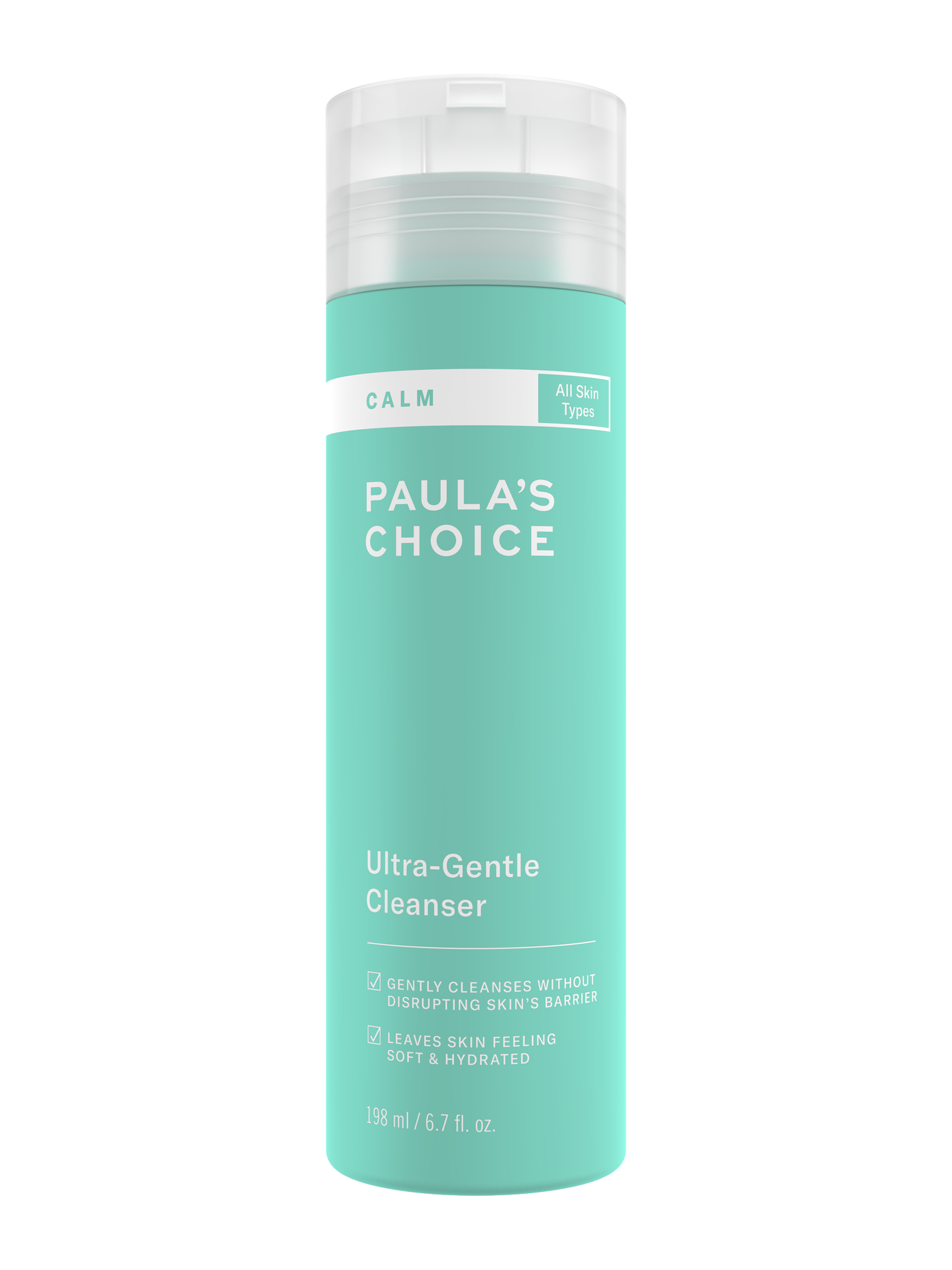
Pros: Effectively cleanses, strengthens skin barrier, soothes irritated skin
Cons: None
Size: 6.7 oz. | Key ingredients: Glycerin, triglycerides, inulin | Skin type: All
If you experience rosacea or redness, consider trying Paula’s Choice Calm Ultra-Gentle Cleanser. All Paula's Choice products are formulated without synthetic dyes or fragrances, irritating alcohols, or sodium lauryl sulfate—green flags for dry, sensitive skin—and it effectively removes dirt, debris, and oil thanks to its super gentle surfactants. Its hydrating formula is infused with triglycerides and glycerin for extra nourishment, and prebiotic sugars help strengthen the barrier for lessened sensitivity with consistent use.
Customer review: “I never write reviews, but felt compelled to for this product line. After years of using an award-winning product that quite literally cost twice as much (for less product), I decided to give this line a try… Within a week, my redness was considerably better. Over time, I've gone from someone who didn't feel like they could get on a Zoom call for work without putting on foundation to not worrying about popping down to the store without it; the change has been that drastic for me.”
Best for Sensitive Skin: SkinCeuticals Gentle Cleanser
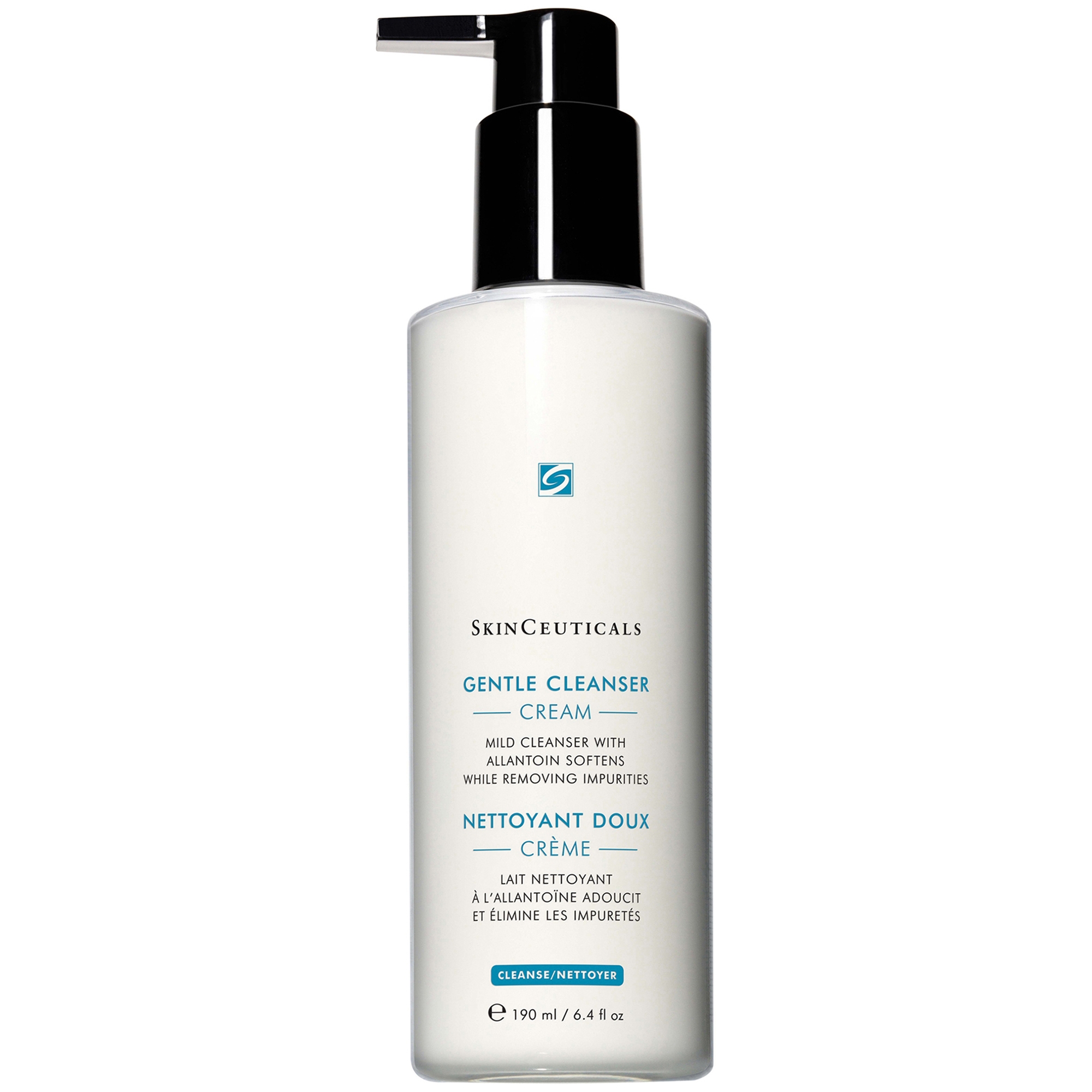
Pros: Great for sensitive skin, non-stripping formula, soothes irritation
Cons: Pretty pricey
Size: 6.42 oz. | Key ingredients: Orange oil, allantoin, glycerin | Skin type: Dry, normal, sensitive
SkinCeuticals' gentle cleanser is paraben-free, phthalate-free, noncomedogenic, sulfate-free, and dermatologist-approved. It’s suitable for all skin types, but works especially well for people with dry and sensitive skin—the brand even reinforces its compatibility with “traumatized” skin, making this a great option for people who are dealing with irritation following laser treatments (or anything similar). Orange oil helps calm and purify the skin, while a cocktail of basic, nourishing ingredients effectively cleanses without over-stripping. (Bonus points: it even removes long-wear makeup.)
Customer review: “For someone who loves and appreciates a creamy texture, this is IT for me. I've been a fan for many years and continue to be a big supporter. The only downside is it doesn't completely remove some of the waterproof eyeliners etc out there but that's to be expected. A quick swish of a stronger eye makeup remover does the trick. The cleanser keeps my face moisturized and clean without stripping away all the products we soak our skin with.”
Best for Makeup Removal: Drunk Elephant Slaai Makeup-Melting Butter Cleanser
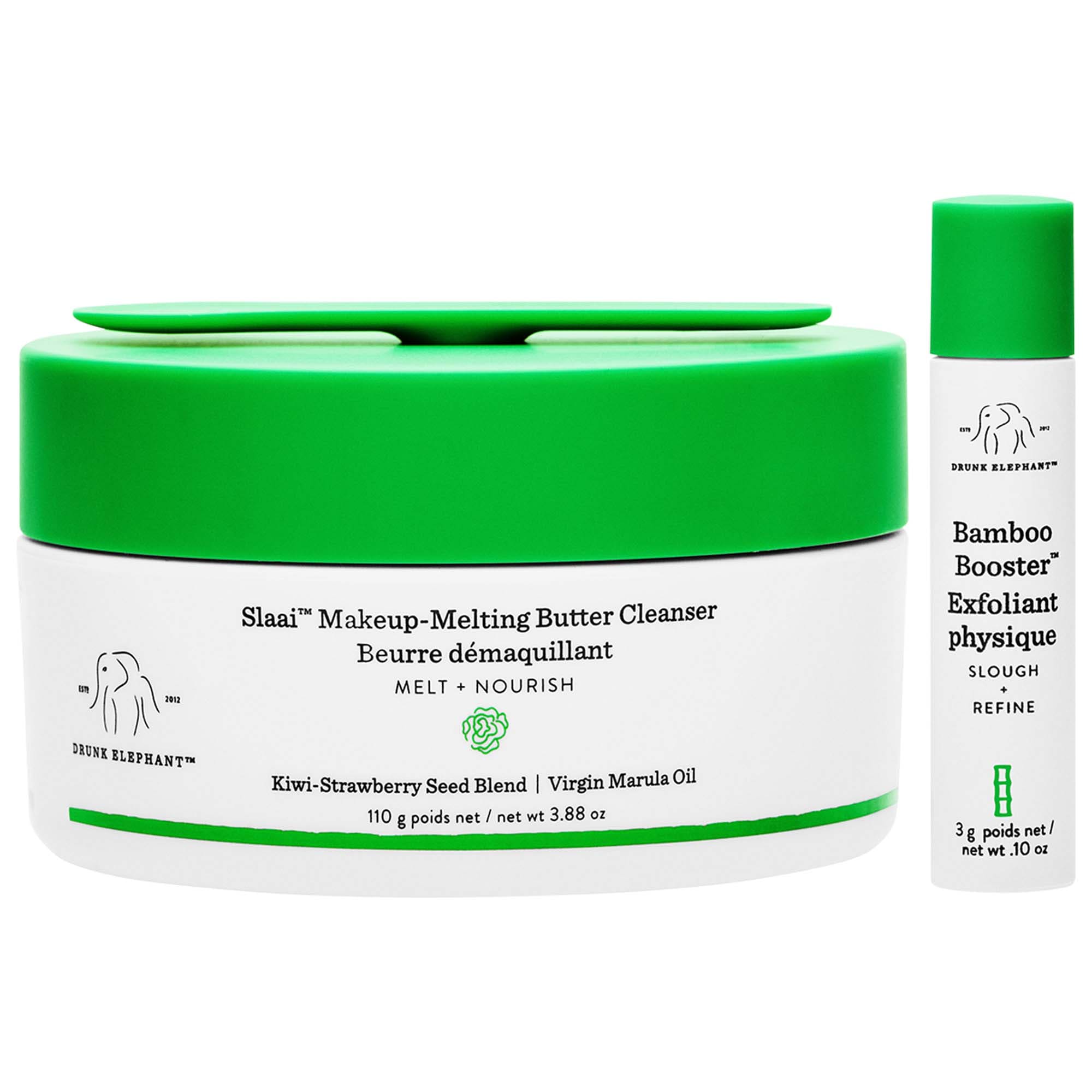
Pros: Sweeps away waterproof makeup, gently exfoliates, moisturizes skin
Cons: You may need to follow up with another cleanser afterward
Size: 3.88 oz. | Key ingredients: African oil blend, bamboo, charcoal powder | Skin type: Normal, dry, combination, oily
It can be hard for gentle, hydrating face washes to effectively remove makeup on the first pass, but this innovative cleansing butter from Drunk Elephant is specifically made for it. This smooth formula transforms from oil to milk upon contact with water and effectively sweeps away sunscreen, dirt, makeup, and waterproof formulas. It even has bamboo and charcoal powder for gentle exfoliation, leaving your skin looking and feeling smoother after each use.
Customer review: “I will forever swear by this product. It MELTS all your makeup off, and the little bamboo exfoliating beads are the perfect touch for great skin. Doesn’t leave your skin feeling oily, just clean. Going on 3 years of use now, and have turned all my friends onto it as well. Love love love.”
Best Budget: Neutrogena Fresh Foaming Gentle Daily Facial Cleanser
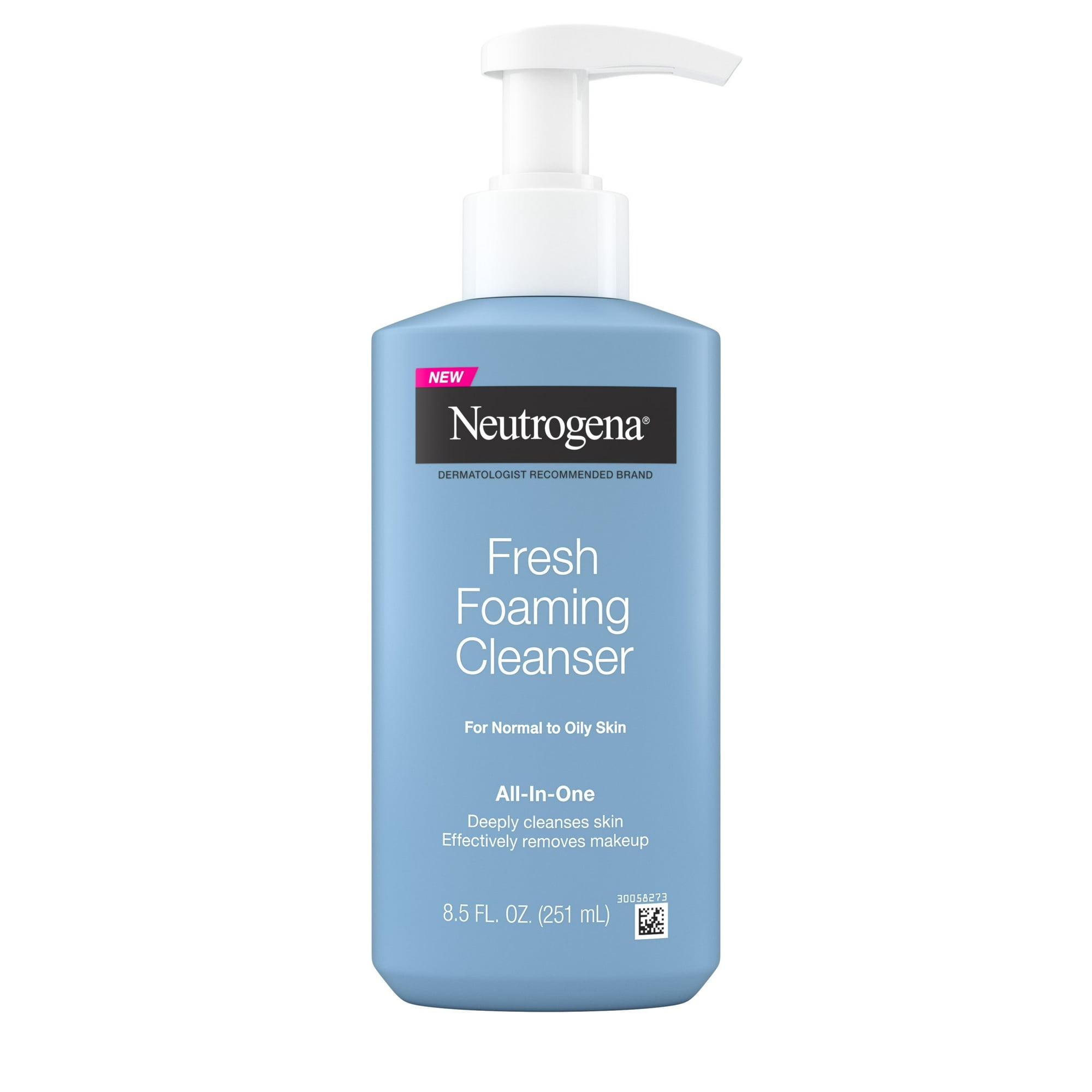
Pros: Low-priced, effectively cleanses, lathers nicely
Cons: None we can think of
Size: 8.5 oz. | Key ingredients: Glycerin, emollients | Skin type: All
Michelle Ventresca, esthetician and founder of Live by Skin, is quick to recommend Neutrogena’s Fresh Foaming Gentle Daily Facial Cleanser for anyone who wants a good cleanser for dry skin on a budget. “This cleanser is gentle and hydrating, while still providing a deep clean,” she explains. “This one is great because it doesn't contain any lanolins or heavy oils that can be comedogenic and pore-clogging. It also contains glycerin, which is my favorite humectant to draw moisture to the skin and keep it there.”
Customer review: “I used this product for decades. Then it was discontinued, and I spent over a year trying to find something simple but effective in its place. Now it's back! I'm delighted.”
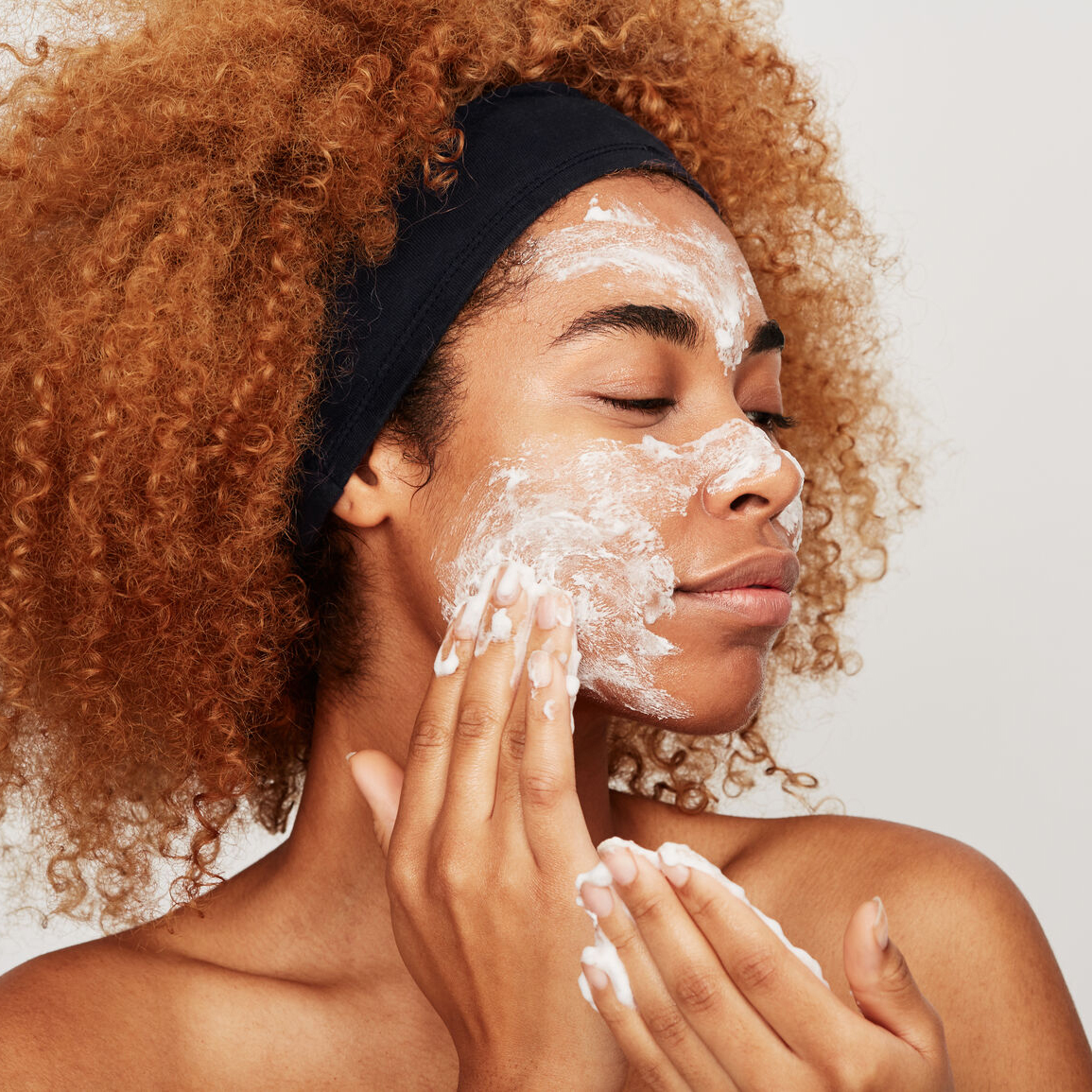
What to Look For in Face Washes for Dry Skin
- Good Ingredients: “Look for ingredients like ceramides, glycerin, and hyaluronic acid, which help replenish the barrier and draw water into the skin,” says Ruth. “Ceramides are especially important because dry skin is often associated with ceramide depletion in the stratum corneum, and replenishing them improves hydration and barrier integrity. Emollients such as squalane, fatty acids, and plant oils help keep the skin soft and minimize transepidermal water loss.”
- No Irritants: “I recommend cleansers with minimal irritants, like fragrance, strong alcohols, or high concentrations of exfoliating acids, which can exacerbate dryness and skin sensitivity,” recommends Chang.
What ingredients should you avoid in a face wash for dry skin?
- Sulfates: According to licensed esthetician Matthew Miller of Matthew Rejuvenation, sulfates can strip the skin of its natural oils, causing dryness and irritation. "Sodium laureth sulfate can be more mild, but I still tend to advise clients to avoid these ingredients to stay on the safe side." Some gentler alternatives include sodium hydroxypropylsulfonate, sodium coco-glucoside tartrate, cocamidopropyl hydroxysultaine, and sodium cocoamphoacetate.
- Fragrance: Artificial fragrances can irritate the skin, especially in the cold winter months. "Companies can put the word 'fragrance' on the packaging without having to specify exactly what's in it," explains Miller. "It's best to just avoid fragrance and not risk irritating dry skin." Miller prefers essential oils as a source of natural fragrance. Plus, if formulated properly, they offer a host of health benefits, he notes: "Properly formulated products containing essential oils will not harm or irritate the skin."
- Dyes: "Artificial dyes can interfere with oil production," notes Miller. "This can lead to clogged pores and breakouts." You’re better off avoiding them altogether, as artificial dyes do not benefit your skin in any way, shape, or form. Some brands are now turning to botanical ingredients for aesthetic coloring, while others are leaving their formulations in their natural hues. Both are safer options than artificial dyes.
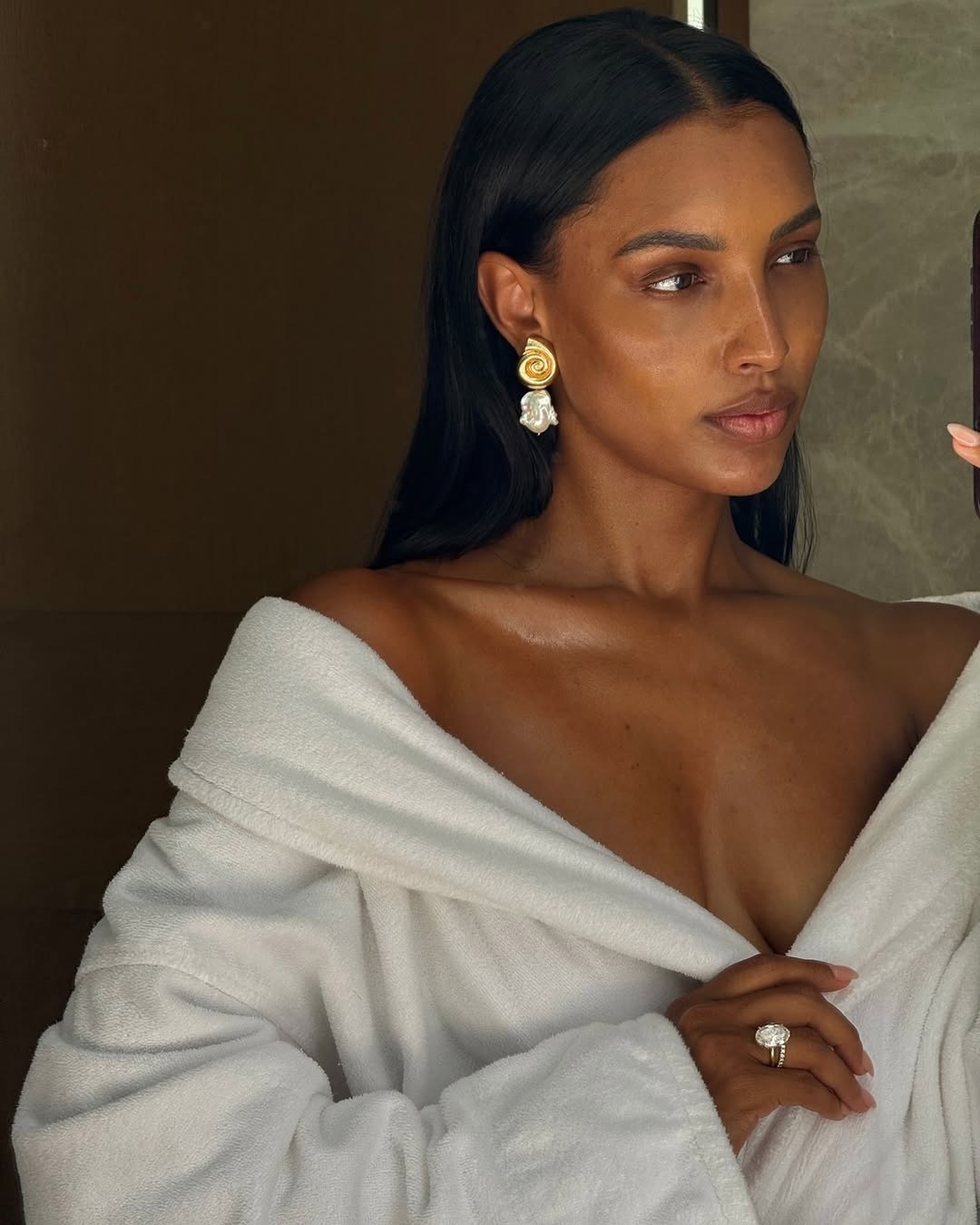
What ingredients should you look for if you have dry, acne-prone skin?
Skin types are often a combination of two, and dry, acne-prone skin is one that requires some gymnastics to treat—especially because said dryness is often a result of the astringent products, like face wash, you may be using to treat acne.
"Benzoyl peroxide can be great for acne spot treatments in the short term," he explains. However, long-term use of products with benzoyl peroxide can exacerbate any issues with the skin, causing dryness and redness. For a gentler alternative, look for products with salicylic acid instead. "This ingredient is oil-soluble, so it will help dissolve away impurities and oil buildup," explains Miller. "It's great for oily or acne-prone skin. As always, moderation is key."
Another product to keep an eye on, but not necessarily avoid, is alcohol. "This ingredient is tricky; I'm actually not anti-alcohol," he divulges. "There are many forms of alcohol that can be hydrating to the skin. At the end of the day, it's all about formulation!" He does caution against using anything with "denatured alcohol" or just "alcohol" on the label, especially if there are no hydrating ingredients listed to balance out the formulation. "It's best to play it safe and avoid these products," he notes.
Instead, be on the lookout for “fatty alcohols” like cetyl alcohol and stearyl alcohol, which he says “shouldn’t worry you.” These ingredients are typically used as emollients and thickeners in skincare products, and they can actually benefit dry skin.
What other skincare steps should people with dry skin follow up with after using a hydrating cleanser?
“After cleansing with lukewarm water, opt for a hydrating toner, humectant-rich hydrating serum, and a moisturizer with both hydrators and ceramides to lock everything in,” recommends Ventresca. “You can even take it a step further by adding a hydrating balm on top to really seal the deal.” The esthetician swears by Anfisa's An Balm because it has “rich emollients and oils that are non-comedogenic to soften the skin,” offering extra hydration for dry, tight, and uncomfortable skin. “Lastly, sunscreen, of course—with an SPF of 50 or higher.
How We Chose
WWW editors chose the best face washes for dry skin by testing a handful of popular picks on the market—from $8 drugstore options to $39 higher-end formulas—and assessing the look and feel of our skin before and after. A group of board-certified dermatologists and licensed estheticians also gave their recommendations, while also offering their insights on what qualities to look for (and avoid!) when shopping for hydrating face washes.
Why Trust Us
At Who What Wear, we know that beauty isn't one-size-fits-all. Over the years, our editors have tested thousands of products—including skincare, makeup, haircare, and nails—while also working closely with trusted experts, like renowned dermatologists, celebrity makeup artists, and other leading industry insiders. Together, this ensures every guide is well-researched, inclusive, and relevant to you.
We focus on formulas that deliver, whether they're affordable favorites or luxury investments. Our product selection is based on tangible results, ingredient know-how, and what we'd truly recommend to our closest friends and family members.
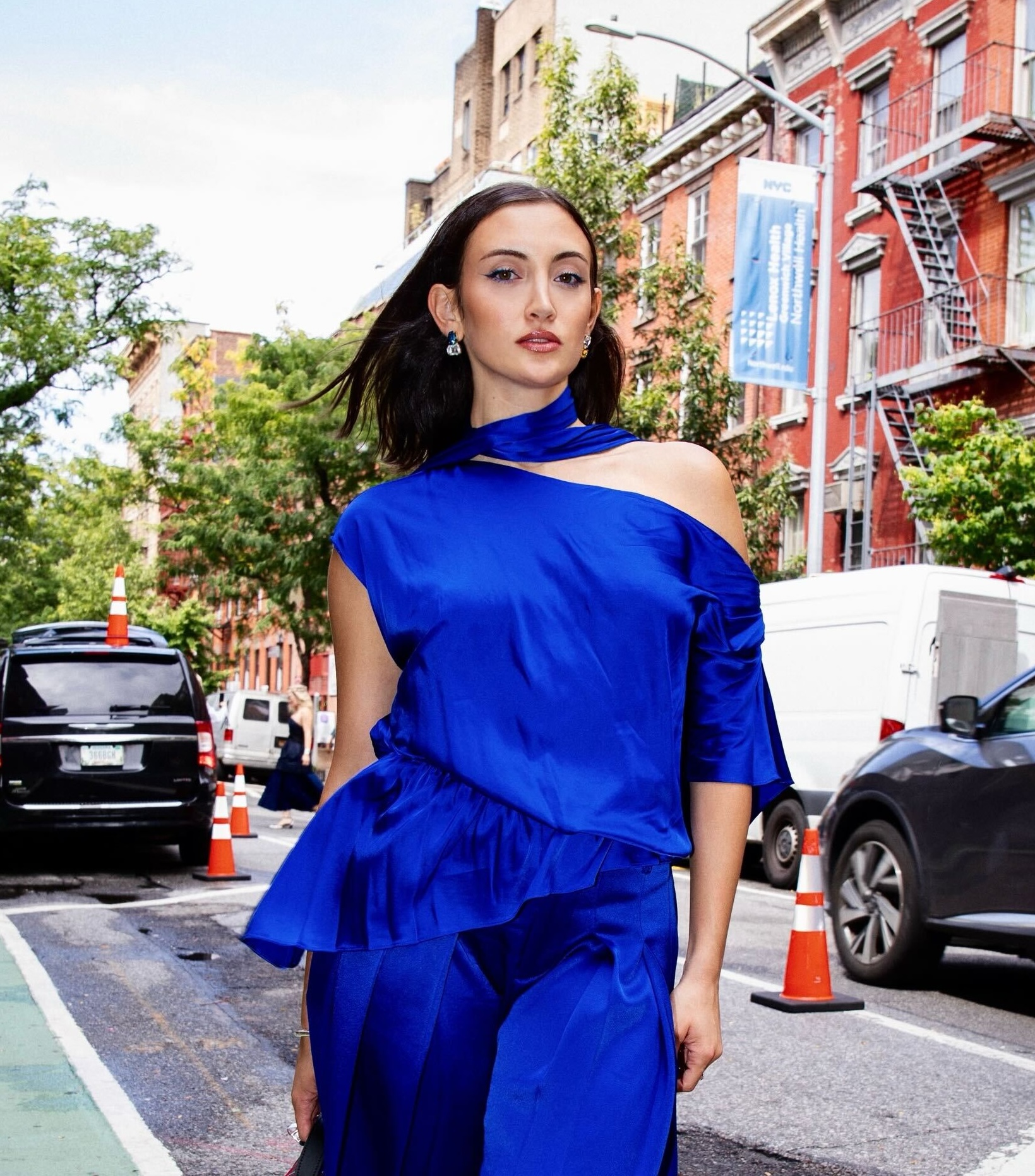
Alyssa Brascia is an associate beauty editor at Who What Wear. She is based in New York City and has nearly three years of industry experience, with rivers of content spanning from multigenerational lipstick reviews to celebrity fashion roundups. Brascia graduated with a BS in apparel, merchandising, and design from Iowa State University and went on to serve as a staff shopping writer at People.com for more than 2.5 years. Her earlier work can be found at InStyle, Travel + Leisure, Shape, and more. Brascia has personally tested more than a thousand beauty products, so if she’s not swatching a new eye shadow palette, she’s busy styling a chic outfit for a menial errand (because anywhere can be a runway if you believe hard enough).
- Kelsey ClarkFreelance Contributor